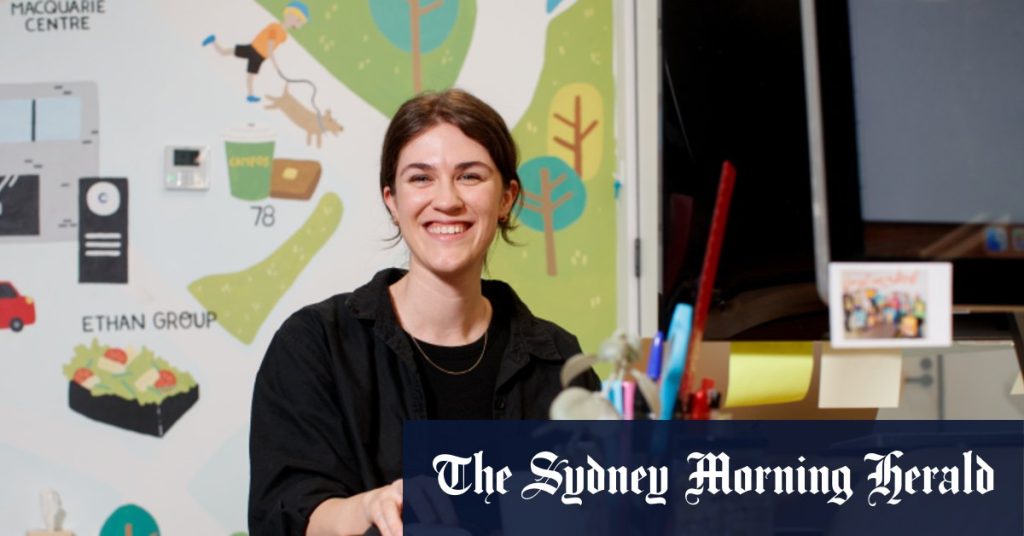After years of remote work, Generation Z has returned to the workplace with a gap between what they know they need to do and what they feel confident doing. Employers are struggling to understand the communication methods preferred by this generation, with Generation Z often opting to email instead of making a phone call. This disparity highlights the need for a meeting in the middle between young workers and their employers in order to effectively engage Generation Z in the workplace as Baby Boomers retire.
Milly Bannister, the founder of a Generation Z-focused mental health training charity, emphasized the importance of workplaces understanding the needs of Generation Z, including remote work and mental health days. However, she also noted that young workers have an opportunity to “career hack” and learn from available advice on social media geared towards climbing the corporate ladder. This presents an opportunity for Generation Z to develop their skills and grow in the workplace.
Marketing co-ordinator Tahlia McLeod, 27, has been working in her role for two years and is more comfortable with offline communication due to her previous experience in customer service. She prefers short, quick messaging platforms like Slack or Teams but admits that developing confidence on the phone has been a process. Despite her preference for texting, McLeod acknowledges the importance of improving her communication skills to be more effective in the workplace.
Employers are experiencing frustration as they try to bridge the gap between the communication preferences of Generation Z and traditional workplace norms. While Millennials were able to adapt to technology-driven changes in the workplace, Generation Z’s reliance on digital communication can pose challenges for employers who prefer more traditional methods such as phone calls. However, there is a growing recognition of the need to adapt to the preferences of the incoming workforce to create a more inclusive and engaging workplace environment.
As Generation Z becomes the largest group of new workers in the workforce, it is essential for employers to understand their needs and preferences in order to effectively engage and retain them. This generation values flexibility, remote work options, and mental health support, making it important for companies to incorporate these factors into their workplace policies. By meeting in the middle and finding a balance between the needs of Generation Z and the expectations of employers, a more harmonious and productive workplace environment can be created.
Overall, the tension between Generation Z’s communication preferences and traditional workplace norms presents both challenges and opportunities for employers and young workers alike. By recognizing the strengths and skills that Generation Z brings to the table, while also providing support and guidance in areas where they may need development, companies can create a more dynamic and inclusive workplace culture that benefits everyone involved. Through open communication and a willingness to adapt to changing dynamics in the workplace, both employers and Generation Z can work together to create a more collaborative and successful work environment for all.


